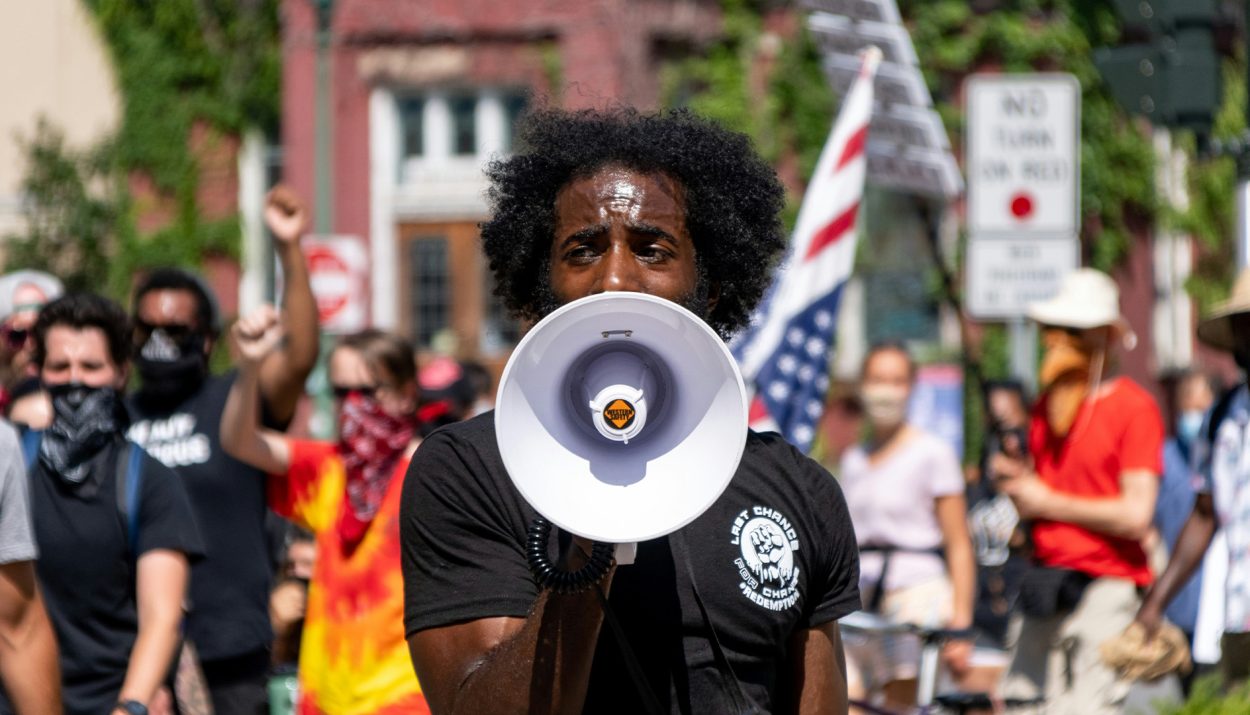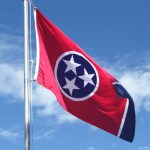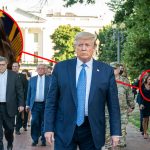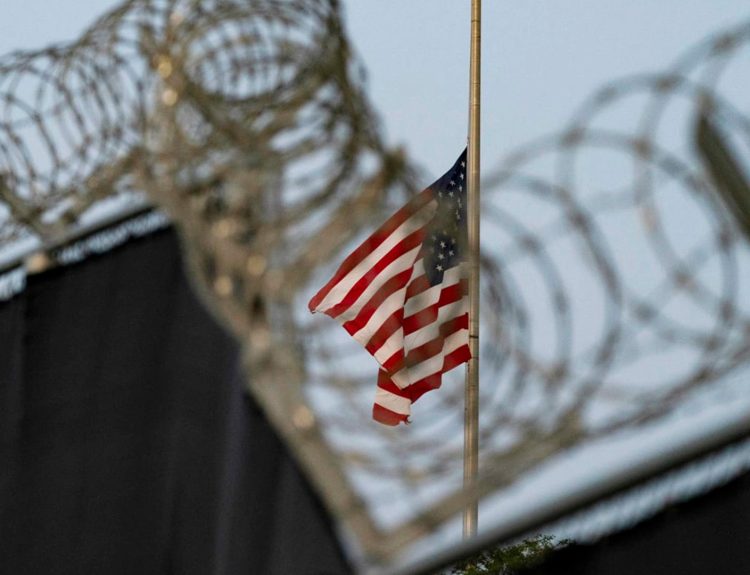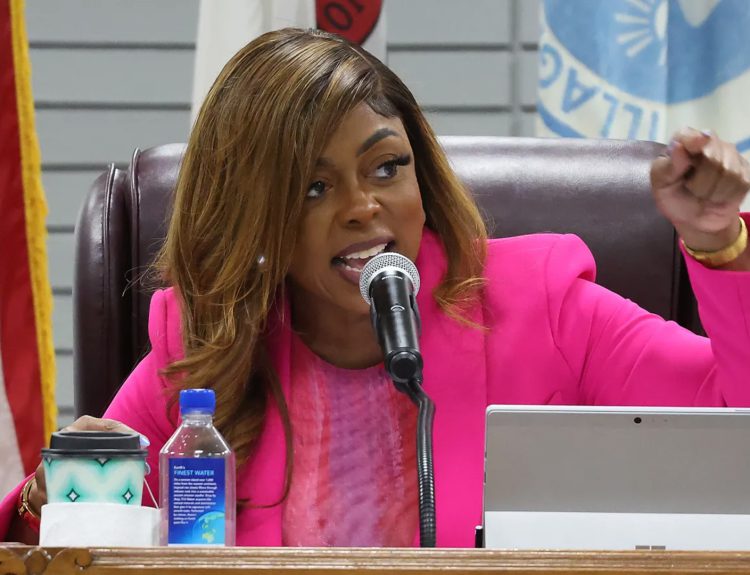A recent court ruling on protest rights has sparked concerns among civil rights advocates. The decision has created uncertainty around the First Amendment and the protections it affords citizens who wish to exercise their rights to free speech and assembly.
Legal experts argue that the ruling upends decades of precedent upholding the fundamental rights of protesters. As protests continue nationwide in response, many worry that additional restrictions on demonstrations may follow, with a chilling effect on dissent.
Appeals Court Ruling Puts Protest Organizers at Risk
The Fifth Circuit Court of Appeals ruling in Doe v. McKesson threatens to undermine the right to organize protests guaranteed by the First Amendment. In a misguided decision, the appeals court held protest organizer DeRay McKesson liable for injuries sustained by a protester who was struck in the face by an unknown assailant’s rock.
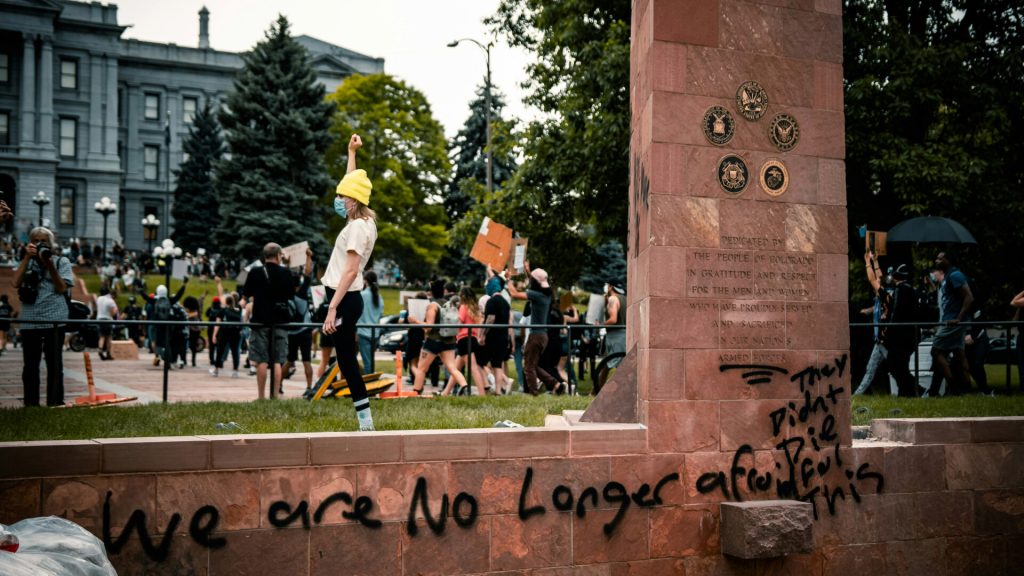
As Judge Don Willett noted in his dissent, the majority’s opinion could force protest organizers to bear responsibility for the unlawful acts of counter-protesters aiming to disrupt the protest. Under the court’s flawed logic, McKesson might face liability if the rock-thrower turned out to be a racist provocateur seeking to undermine the goals of the Black Lives Matter movement.
Freedom of Organized Protest
The Supreme Court has long held that the First Amendment protects the right to organize protests, including some violent individuals. In NAACP v. Claiborne Hardware Co., the Court ruled that civil rights leader Charles Evers could not be held liable for economic damages caused by a boycott he helped organize, even though some boycott supporters engaged in violence.
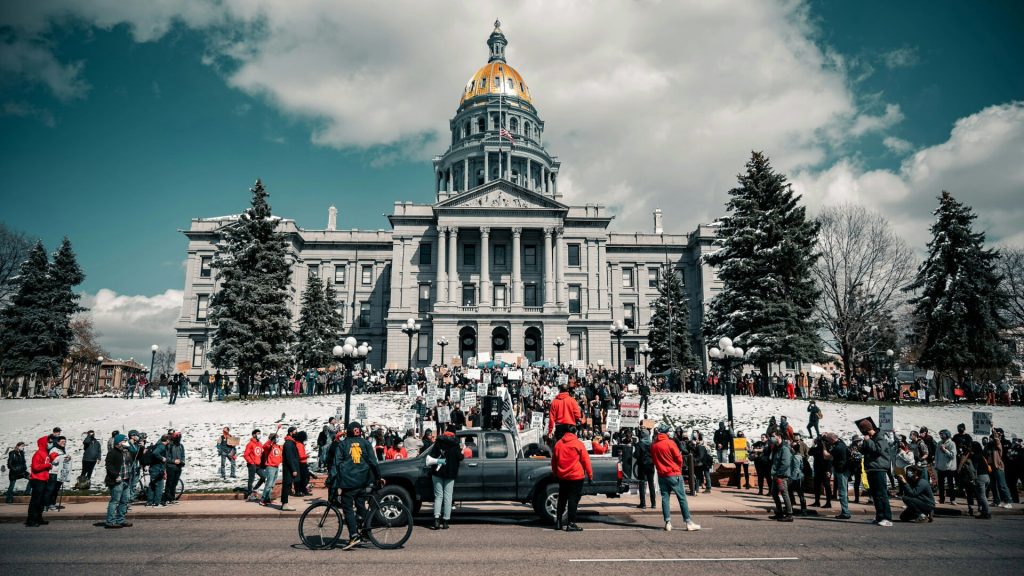
The justices recognized that holding organizers responsible for the unlawful acts of a few individuals could stifle free expression. Judge Elrod’s opinion in McKesson blatantly ignores this precedent. She claimed the First Amendment does not apply when a protest organizer’s actions create “unreasonably dangerous conditions” leading to injury.
The Ruling Conflicts with Supreme Court Precedent
The majority opinion in Doe v. McKesson directly contradicts established Supreme Court precedent regarding protest organizers’ liability for violence. As Judge Willett noted in his dissent. the ruling could hold protest organizers responsible for the unlawful acts of counter-protesters whose goal is to undermine the protest.
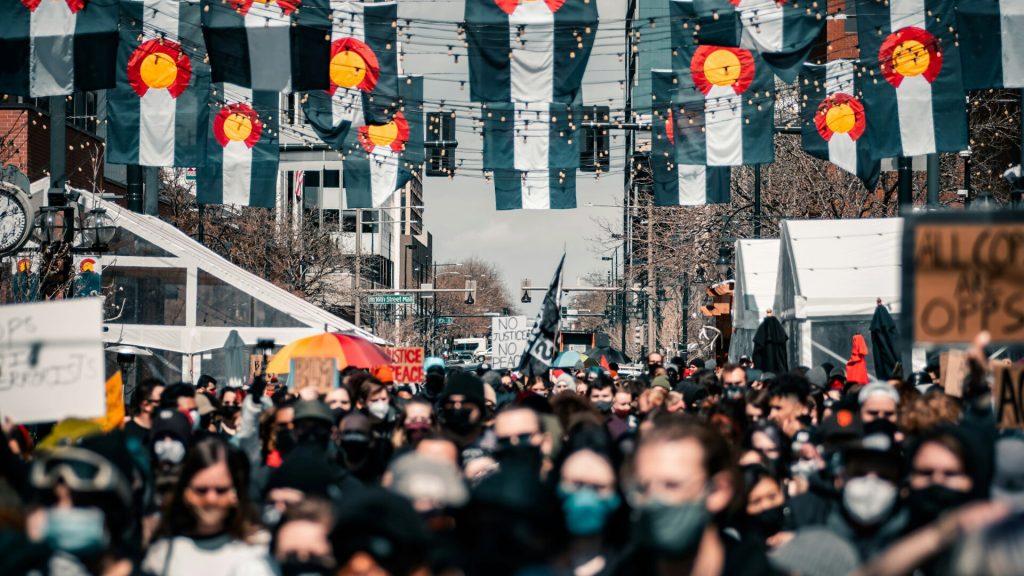
According to the precedent set in NAACP v. Claiborne Hardware Co.. the Supreme Court has found that protest organizers are not liable for violence unless they authorize or directly incite it. The court stated that “The First Amendment does not protect violence…[but] certainly does protect advocacy of [political goals] through peaceful, lawful, nonviolent means.”
An Exception to The First Amendment
However, the majority in Doe v. McKesson ignored this precedent. Instead, the court invented a new exception to the First Amendment, claiming that it does not apply “where a defendant creates unreasonably dangerous conditions, and where his creation of those conditions causes a plaintiff to sustain injuries.”
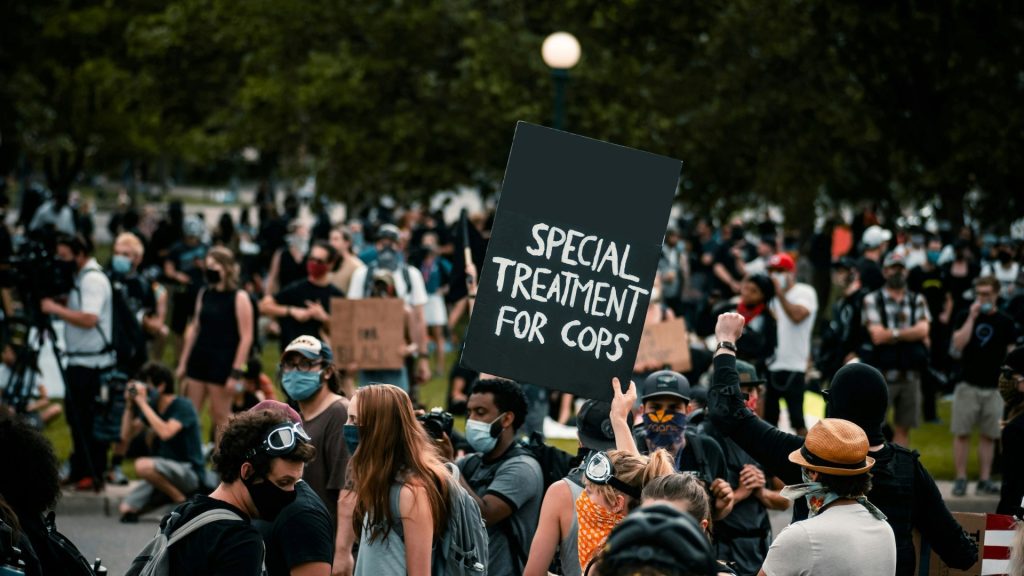
The court defined the “dangerous conditions” created by McKesson as organizing the protest in front of a police station, not preventing some protesters from stealing water bottles, and leading protesters onto a highway. The majority’s reasoning is flawed and alarming.
Background on the Original Lawsuit: Officer Doe v. McKesson
In 2017, an unnamed police officer (“Officer Doe”) filed a lawsuit against DeRay McKesson, a prominent organizer in the Black Lives Matter movement. Officer Doe claimed that McKesson was liable for injuries the officer sustained during a protest in Baton Rouge, Louisiana.
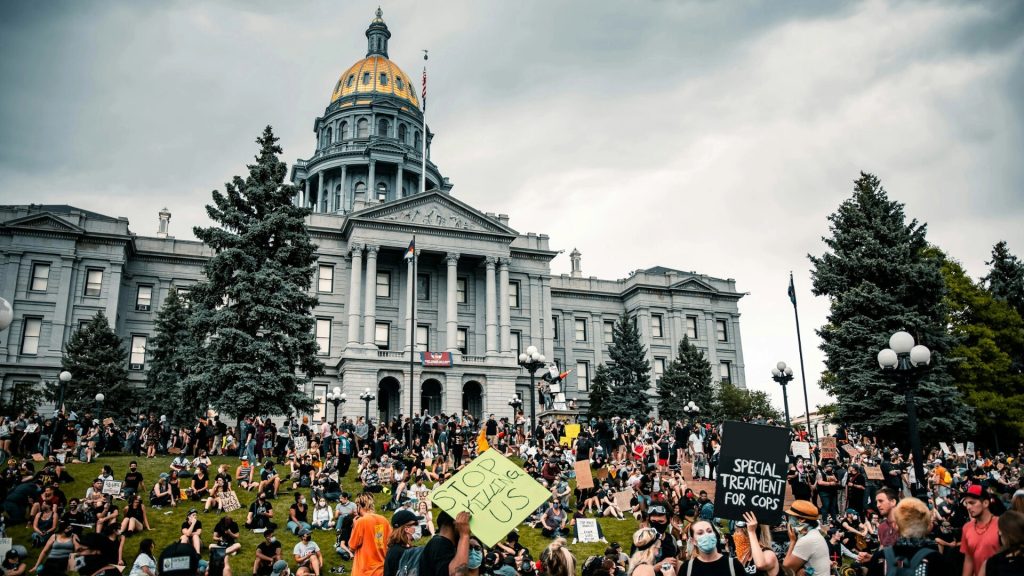
According to court documents, an unknown individual threw a rock at Officer Doe, causing permanent damage to his jaw and brain. Officer Doe argued that McKesson should be held responsible for the unknown assailant’s actions because McKesson “organized and led the protest.”
Background on the Original Lawsuit: NAACP v. Claiborne Hardware Co
According to the Supreme Court’s decision in NAACP v. Claiborne Hardware Co., protest organizers may be liable if they “authorized, directed, or ratified” the specific tortious activity, they knew of the unlawful activity and failed to take steps to prevent it, or the unlawful activity was a “natural and foreseeable consequence” of their speech.
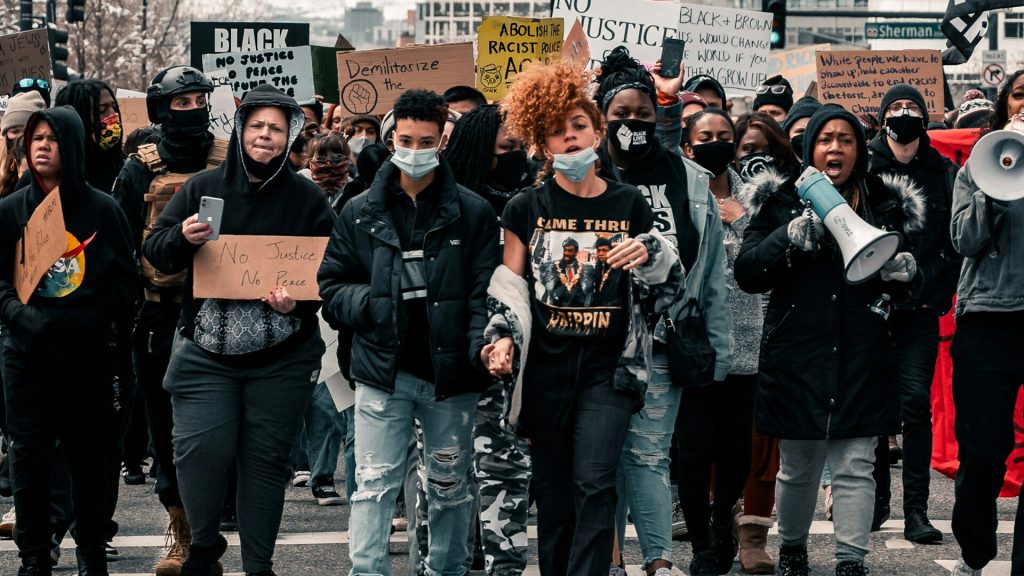
In a 2-1 decision, the Fifth Circuit held that McKesson could be liable. Writing for the majority, Judge E. Grady Jolly claimed that the three circumstances identified in Claiborne were “not the only proper bases for imposing tort liability on a protest leader.”
Implications of the Ruling for Protest Rights
The Fifth Circuit’s ruling in Doe v. McKesson poses grave implications for the right to organize protests and demonstrations. By holding protest organizers liable for the unlawful acts of others outside their control, the appeals court has essentially eliminated protections for protest organizers under the First Amendment.
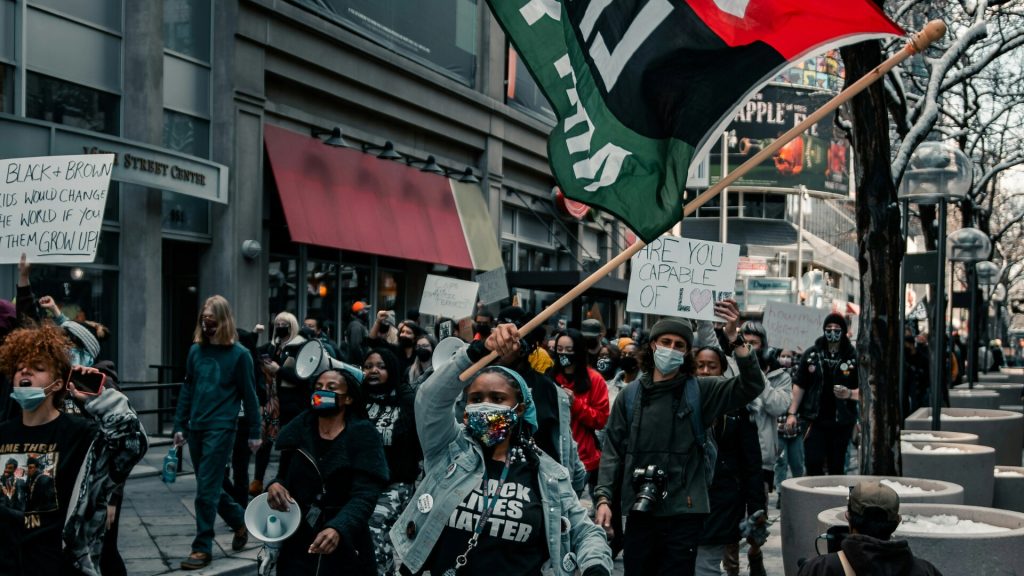
As Judge Willett noted in his dissent, the majority opinion could force organizers to pay for the damages caused by counter-protesters and agitators whose sole aim is to undermine the protest. This perverse outcome threatens to bankrupt organizers and chill participation in protests altogether.
Not Guilty for The Act of Others
The Supreme Court has long held that liability cannot be imposed on protest organizers for the acts of others in the absence of evidence that the organizers “authorized, directed, or ratified specific tortious activity.” In NAACP v. Claiborne Hardware Co., the Court ruled that organizers of a boycott could not be held liable for violent acts that were not shown to be sanctioned or ratified by the organizers.
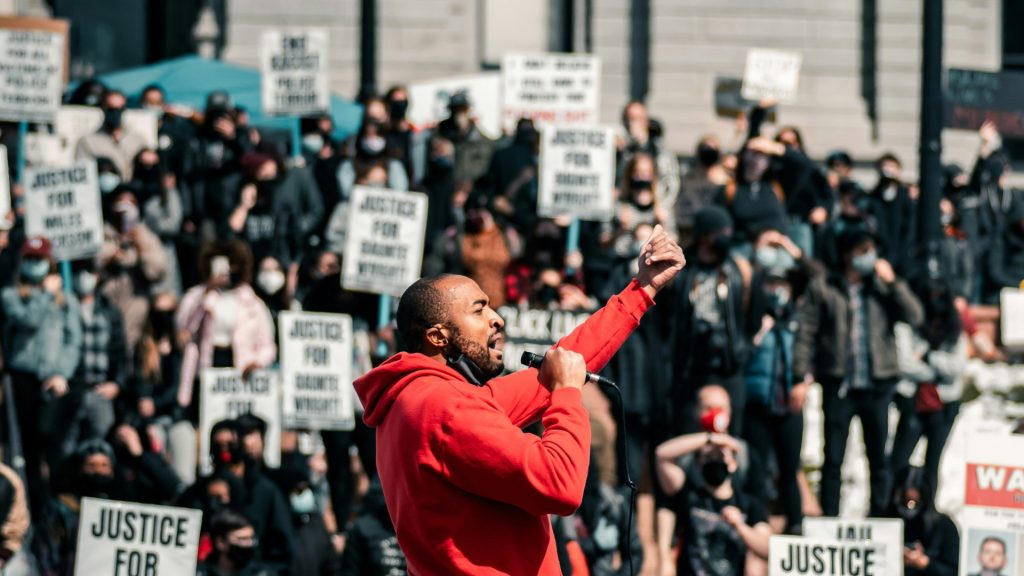
McKesson’s attorneys argue that the Fifth Circuit disregarded this binding precedent, instead embracing a “guilt by association” standard that imposes “vicarious liability for the unauthorized acts of third parties.” Such a standard is incompatible with the First Amendment and decades of Supreme Court rulings safeguarding the right to protest.
Responses From Civil Rights Groups
Civil rights groups have expressed grave concerns over the appeals court’s decision in Doe v. McKesson. Their statements indicate the ruling threatens the fundamental right to organize protests under the First Amendment. The American Civil Liberties Union (ACLU) has warned that the Fifth Circuit’s opinion “makes protest organizers responsible for the unlawful acts of others” and “threatens to undermine the right to protest.”
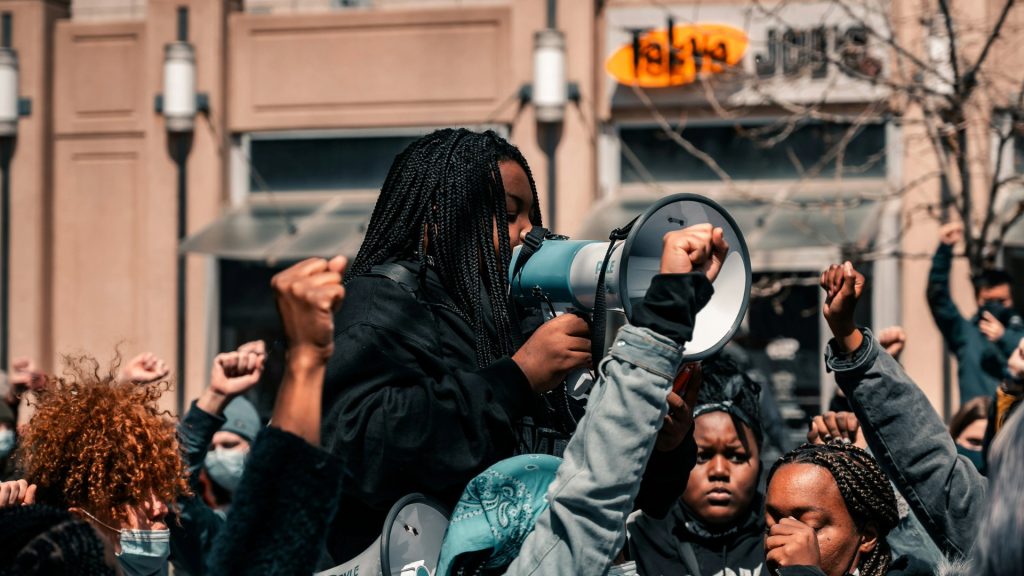
According to the ACLU, the appeals court “disregarded established law” set by the Supreme Court in NAACP v. Claiborne Hardware Co., which held that protest organizers can only be liable for violence committed by others in extremely limited circumstances.
Undermining The Right to Protest
The Lawyers’ Committee for Civil Rights Under Law has said the ruling “severely undermines the right to protest” and “creates uncertainty” for organizers by making them “subject to legal liability for the acts of others outside of their control.”
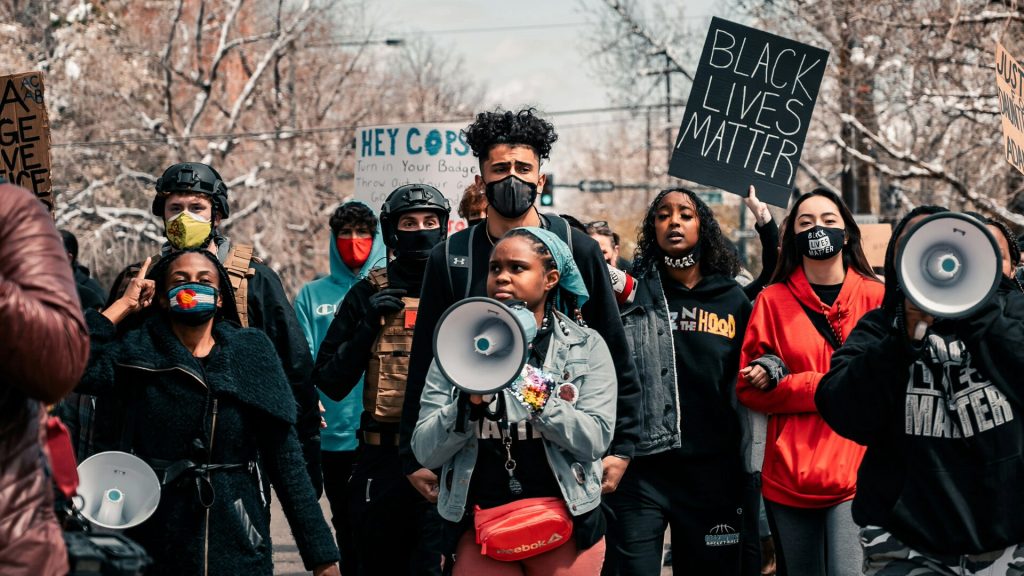
The Center for Constitutional Rights has also voiced apprehension, stating that the Fifth Circuit’s decision “imperils the right to protest in this country” by “holding organizers responsible for the acts of others.”
The Dissenting Opinion in the Ruling
According to Judge Willett, who dissented from Judge Elrod’s opinion, Elrod’s approach could require protest organizers to pay for “the unlawful acts of counter-protesters and agitators” whose sole purpose is to undermine the protest organizer’s political goals.
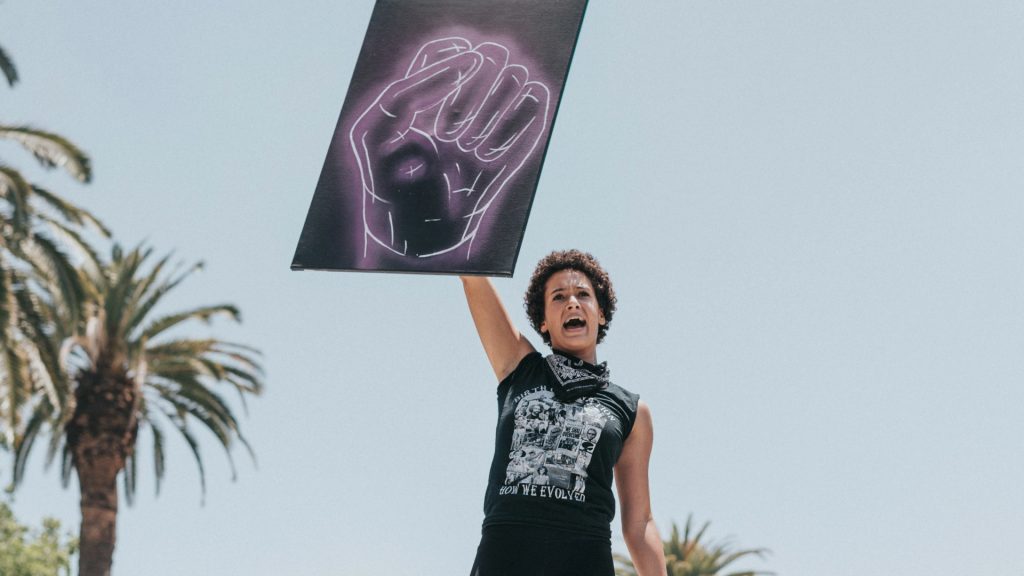
Under Elrod’s opinion, McKesson could be held liable if the unknown rock-thrower turns out to be a member of the Ku Klux Klan who attended specifically to harm the reputation of the Black Lives Matter movement by associating them with violence.
Contrary Decisions Controlling the Summary Reversal
In their petition to the Supreme Court, McKesson’s lawyers boldly claim that Elrod’s “decision is so ‘flatly contrary to this Court’s controlling precedent’ to warrant summary reversal.” A “summary reversal” is the judicial equivalent of a reprimand.
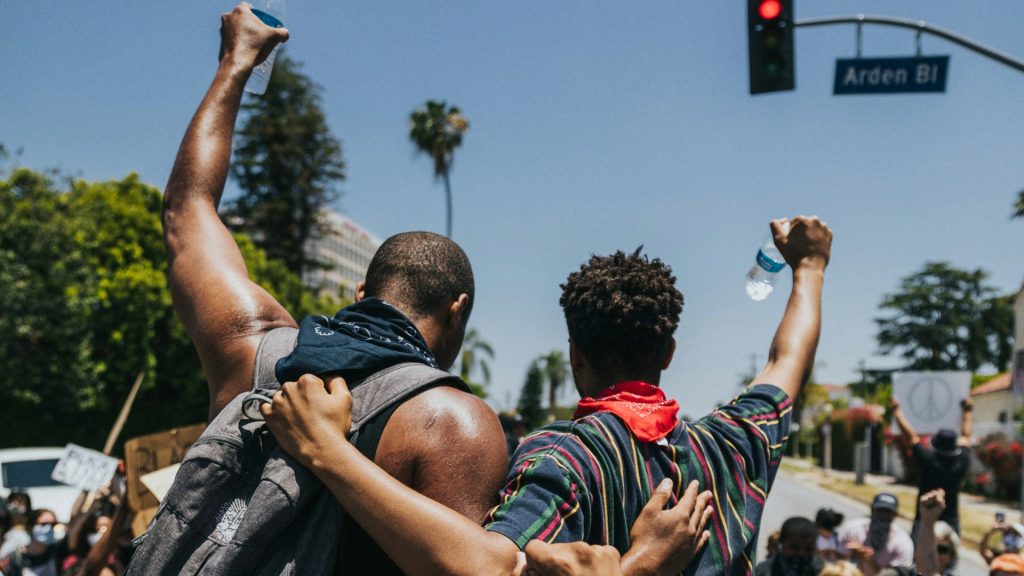
It means the lower court’s decision was so mistaken that the justices decided to forgo the standard process of receiving full arguments and issue an immediate order overturning the lower court’s decision. Elrod created new exceptions to the First Amendment, ruling that it does not apply “where a defendant creates unreasonably dangerous conditions, and where his creation of those conditions causes a plaintiff to sustain injuries.”
What Legal Options Remain for Protest Organizers
Although the Fifth Circuit Appeals Court issued a concerning ruling in Doe v. McKesson, protest organizers still have legal options to defend their First Amendment rights. The appeals court claimed that protest organizers could be liable for injuries caused by “dangerous conditions” at protests, but this contradicts Supreme Court precedent protecting the right to protest.
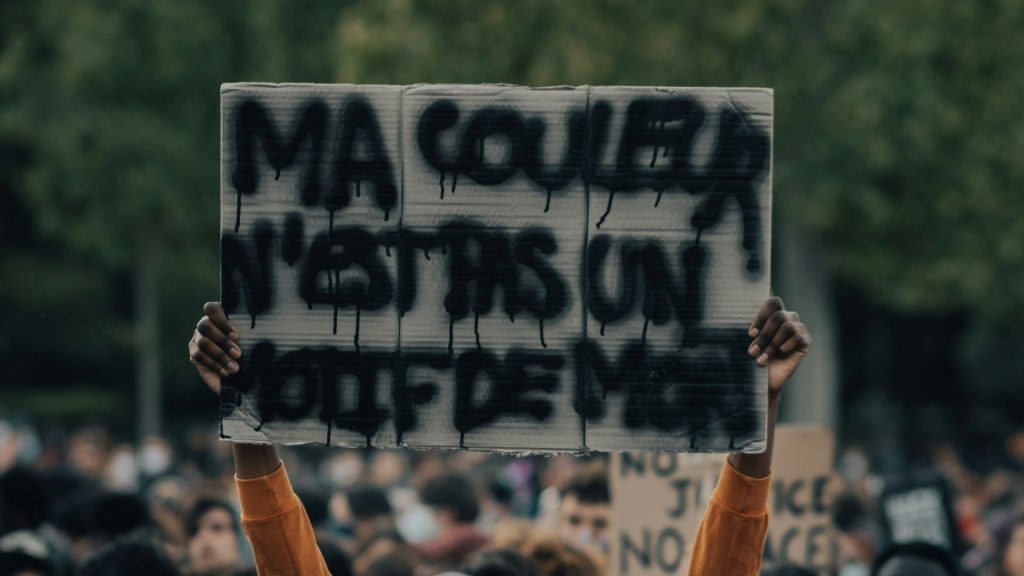
Protest organizers could also file a lawsuit challenging the Fifth Circuit’s decision. They might argue that the ruling violates their First Amendment rights to free speech and assembly by exposing them to undue liability for the unlawful acts of others.
How to Safely Organize Protests in Light of the Ruling
Protests are meant to raise awareness and enact change, but organizers must exercise caution to avoid legal liability after a dangerous federal appeals court ruling. The US Fifth Circuit Court of Appeals decision in Doe v. McKesson threatens to undermine the First Amendment right to protest by holding organizers responsible for any unlawful acts committed by others at the protest.
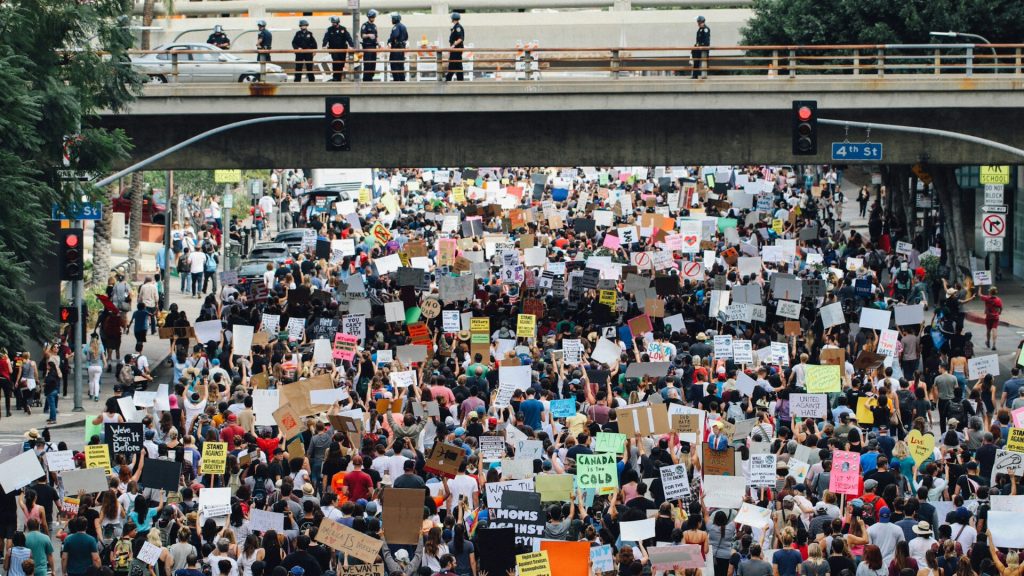
Organizations should take reasonable precautions to reduce liability risk to prevent violence and unsafe conditions. Using cautious and lawful rhetoric, they must avoid inciting or directing violence in their messaging.
Speak up and Make It Clear
Should violence erupt despite best efforts, organizers must make it clear they do not condone or ratify those acts. Immediately contact law enforcement and ask participants to de-escalate the situation through lawful and nonviolent means.
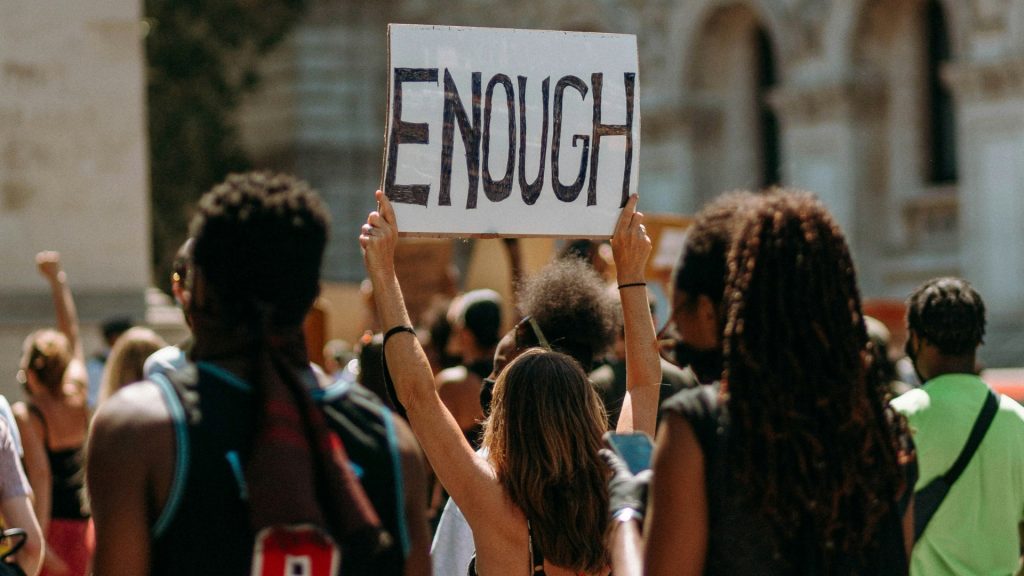
The ruling in Doe v. McKesson created a dangerous precedent, but the Supreme Court may still reverse the decision to uphold First Amendment rights. Organizers should follow recommended safety precautions but continue exercising their right to protest peacefully and lawfully.

